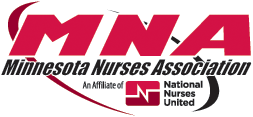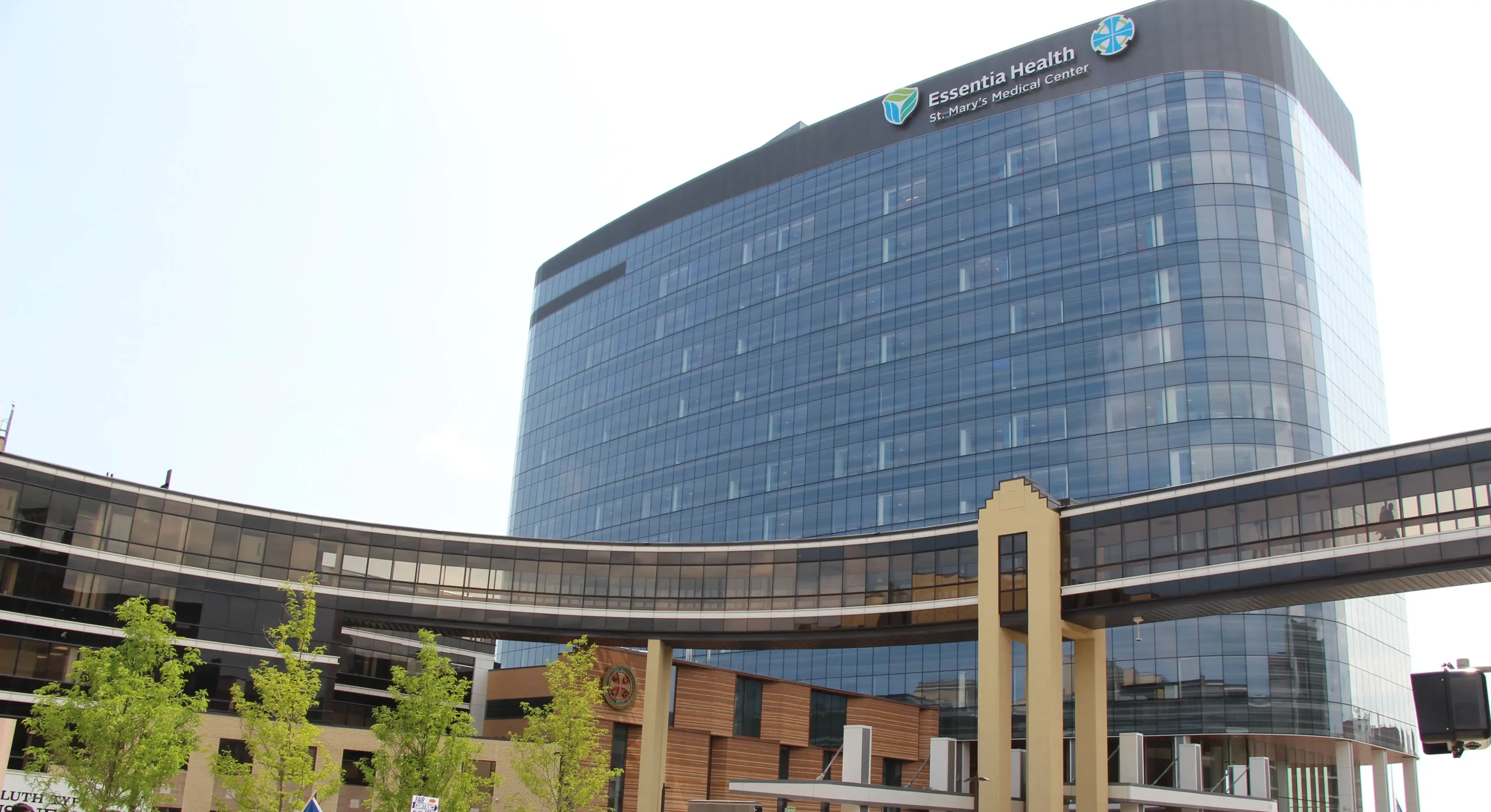Methodist Hospital PACU nurses recently celebrated a win that illustrates how working together and taking action can improve patient care in our hospitals.
After management denied requests for additional staff to replace nurses out on leave, Methodist PACU nurses circulated a petition and gathered the signatures of 100 percent of their fellow nurses on the unit. They submitted the petition to the employer and within hours the employer notified MNA that they would bring in agency help to improve staffing and would post the position for a permanent replacement in the coming weeks.
“We’ve got to staff our unit. Our contract says we’re back up calls, not first call,” said Jean Adomaitis, RN, in the Recovery Unit. Adomaitis said they feared patient care was going to suffer and gaps in staffing would start to appear on the day shifts as tired nurses wouldn’t be able to work round-the-clock. She said she wasn’t surprised by all the signatures and credits the unanimous consent of all the nurses to convincing management to act.
“It was almost a slam dunk,” Adomaitis said. “The fact that everyone signed it. They saw the whole unit, a very professional unit with lots of ICU experience. She (nursing manager) saw all these names, and said, ‘ok, we’ll do something.'”
We are ethically and legally obligated to advocate for the safety of our patients every day, in every unit, on every shift. When our professional nursing judgment tells us that staffing is unsafe and potentially detrimental to patient health, we have to act collectively to demand better staffing. When we are denied that help the first time, we must increase the pressure on the employer until they have to respond.
The petition was Methodist PACU nurses first collective action as a unit, but other member leaders helped them out just as PACU members supported facility-wide actions in the past. We have the collective action of the nurses who came before us to thank for our right to organize, our high standards of patient care, and the protection of our union contract. It is our responsibility to our patients and to the future members of our profession to continue that proud tradition of advocacy.



